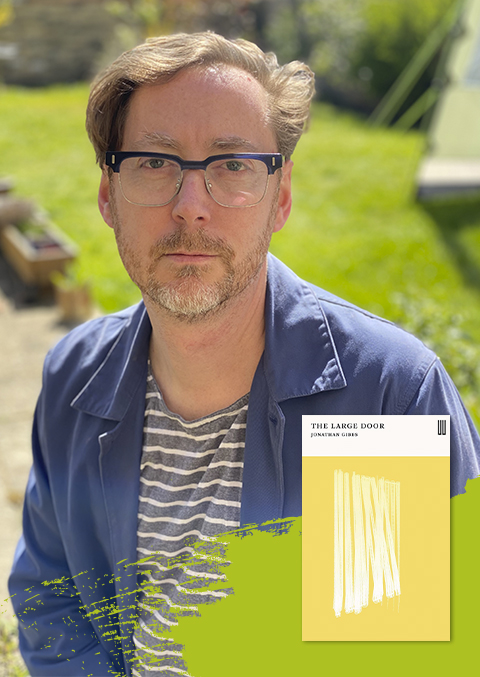Lit’ Talk: Plotting the Short Story
In this 30-minute LitTalk, you will learn what works in the short story form, and how to make it work for you.
About the course
Course Fee
:
Course Dates
Course Length
One Day
Weekly Study
30 minutes
Testimonial
Course summary
Short stories are a wonderful thing, they’re great to read and to write, and great for developing your techniques as a writer, but they are hard to pin down as a form. It seems like writers can do almost anything with a short story. Sometimes you can look at a short story and say, Is that all there is? How does that work? And you have to dig down under the surface to ask how it is that the writer has got the effects that they did on you, the reader.
In this LitTalk, you will be looking at what works in the short story form, and how to make it work for you.
Let’s assume you’ve got an idea for a short story – you’ve got a character and an initial situation – but want to know how to push it forwards. How can you develop it and most importantly how do you know when they have reached the end. And if you think you’ve reached the end, is it good enough? Does the short story work?
So you’ll be looking at plotting, how to come up with dramatic elements and events that will happen to your character that will push your story forwards, and dealing with settings and secondary characters as ways of developing that plot.
You will be learning about thematic elements and how to build those into your story so that when you reach the end, you’ve got a satisfying conclusion that works for the reader on more than one level.
This talk will also be looking at how much action and event a story actually needs – it’s important to talk about the idea of scope and scale in short fiction. Some short stories have got a lot at stake in terms of what’s going on for the characters, others seem to be more low-key, and intimate, with not much going on, and both can be equally effective. You need to be aware of where your short story sits on that continuum.
Does a story need a twist at the end? What does it mean for a story to have an epiphany at the end?
And most importantly, what are the effective ways you can end a story?
This LitTalk will look at a few classic and contemporary examples of the short story, and Jonathan will also talk through his own writing process in developing stories, where they started and how they ended up where the did.
How you will learn
Our team of editors, novelists and scriptwriters will provide a helping hand – making you a more confident writer.
Thanks to our status as a platform for discovering the best literary talent – having helped kick-start the careers of several literary writers to acclaim, such as Nikesh Shukla, Naomi Alderman, Peng Shepherd, Clare Wigfall, Stuart Evers, Inua Ellams and others on the Man Booker Prize longlists – we have far-reaching external networks that create opportunities for your work to get in front of editors, agents and publishers. You will learn through:
- Generating and pitching ideas
- Submissions best practices and feedback
- Live readings & performances
- Writing and sharing your work online
- Specialist workshops
- Live salons
The Tutor
Jonathan Gibbs
Jonathan Gibbs is the author of two novels, Randall, or The Painted Grape (Galley Beggar) and The Large Door (Boiler House), and a book-length poem, Spring Journal. This poem, about life under Covid-19 and inspired by Louis MacNeice’s Autumn Journal, was written on Twitter between March and August 2020, and published in December of that year by CB Editions. His short stories have been anthologised in Best British Short Stories 2014 and 2015, and shortlisted for the inaugural White Review Short Story Prize 2013. His short story 'A Prolonged Kiss' has reached the 2021 shortlist for the Sunday Times Audible Short Story Award. He also curates A Personal Anthology, which invites writers and critics to dream-edit an anthology of their dozen favourite short stories. A Personal Anthology has been running since 2017, and the online archive includes over 1,500 short story recommendations, by over 800 writers, picked by over 100 guest editors. He teaches Creative Writing at City, University of London, where he is Programme Director for the MA/MFA Creative Writing.

